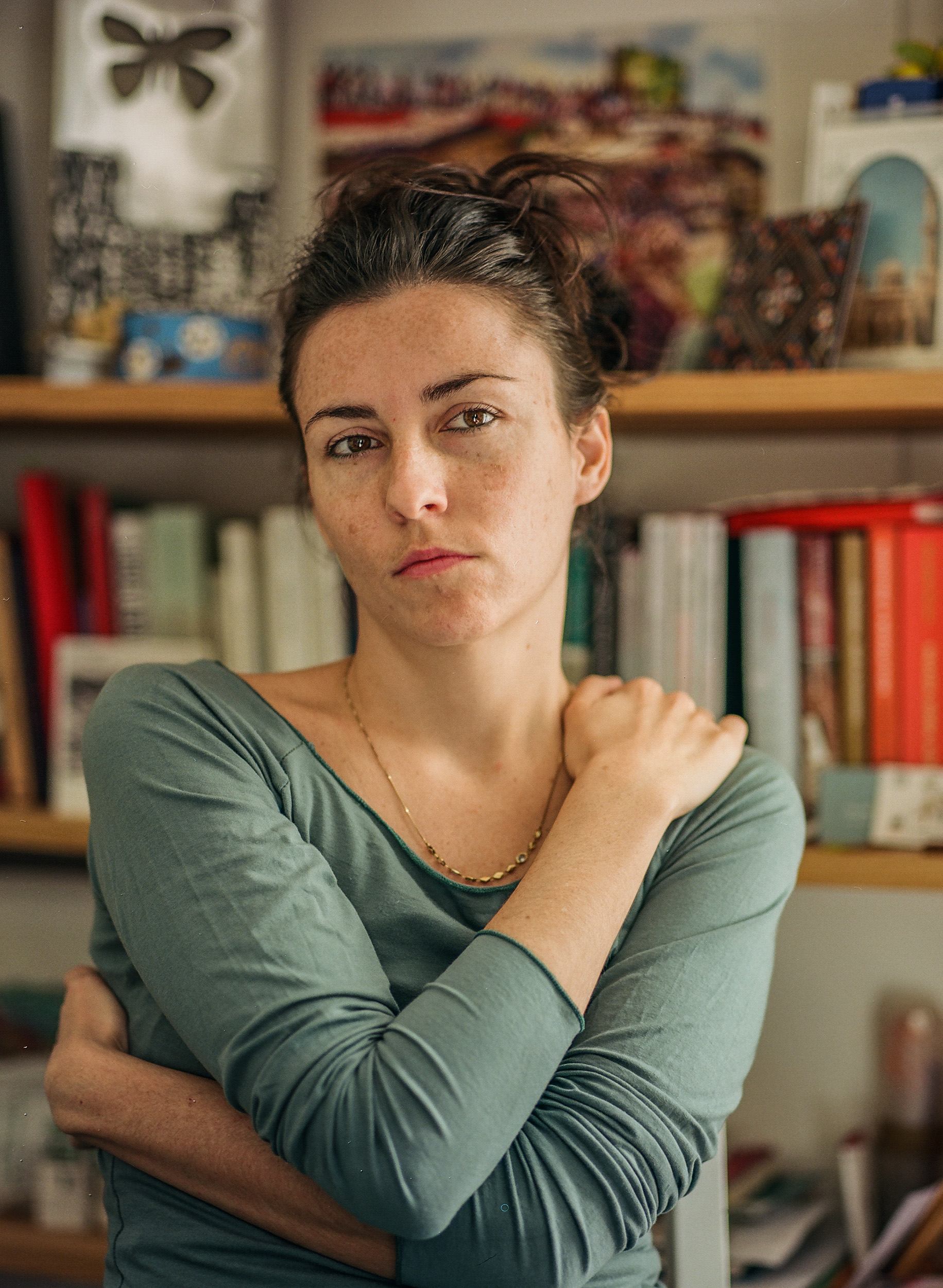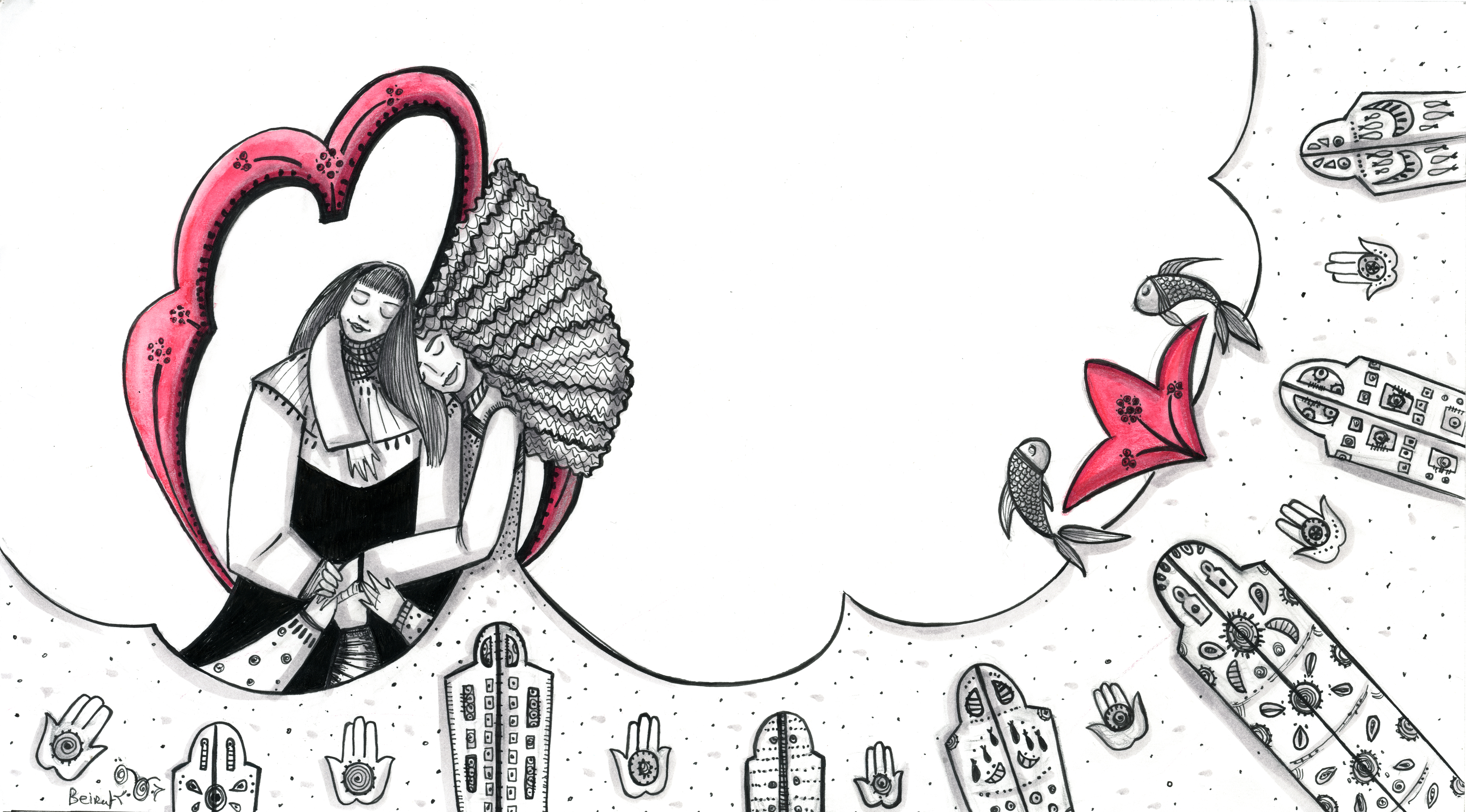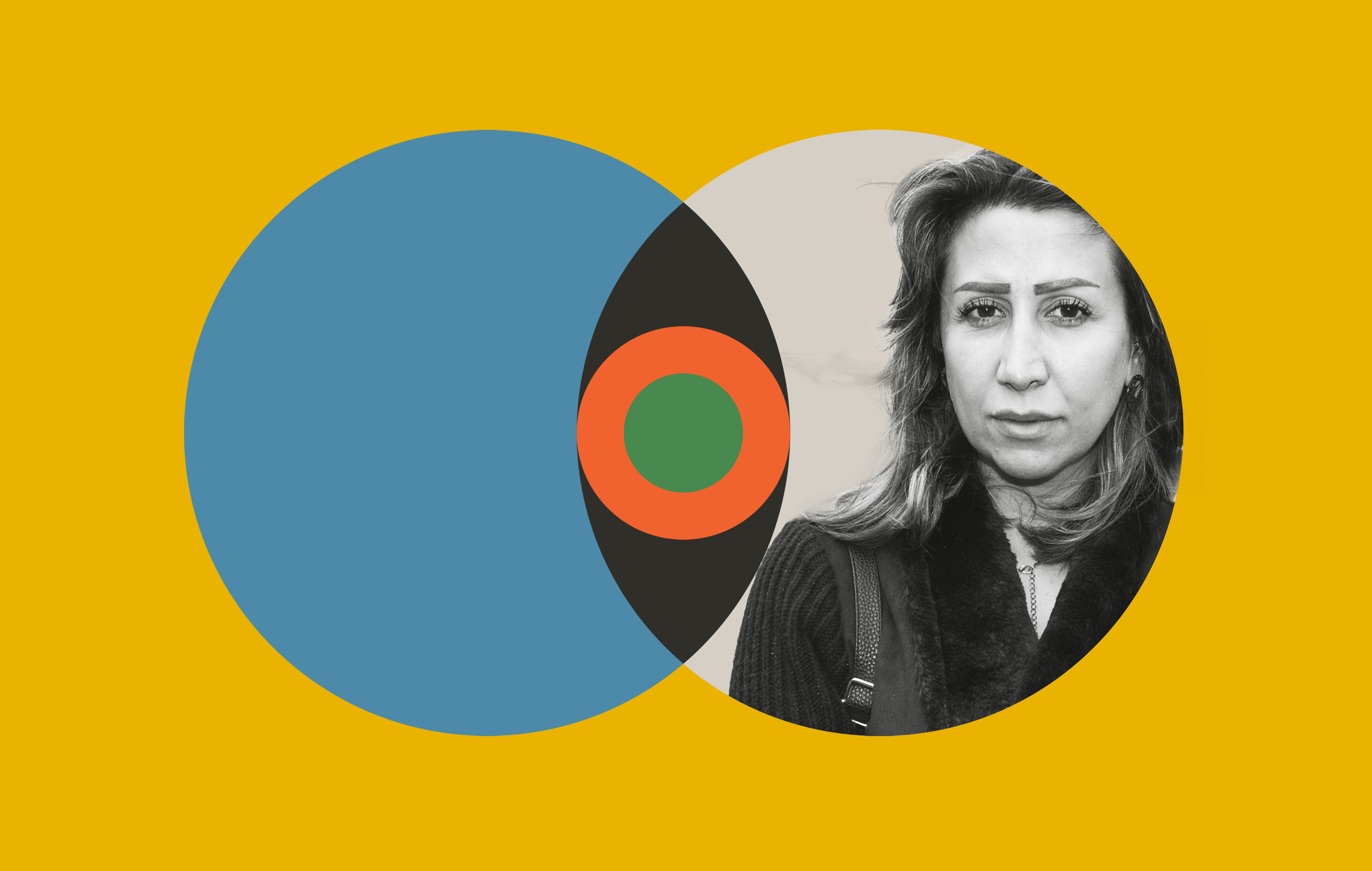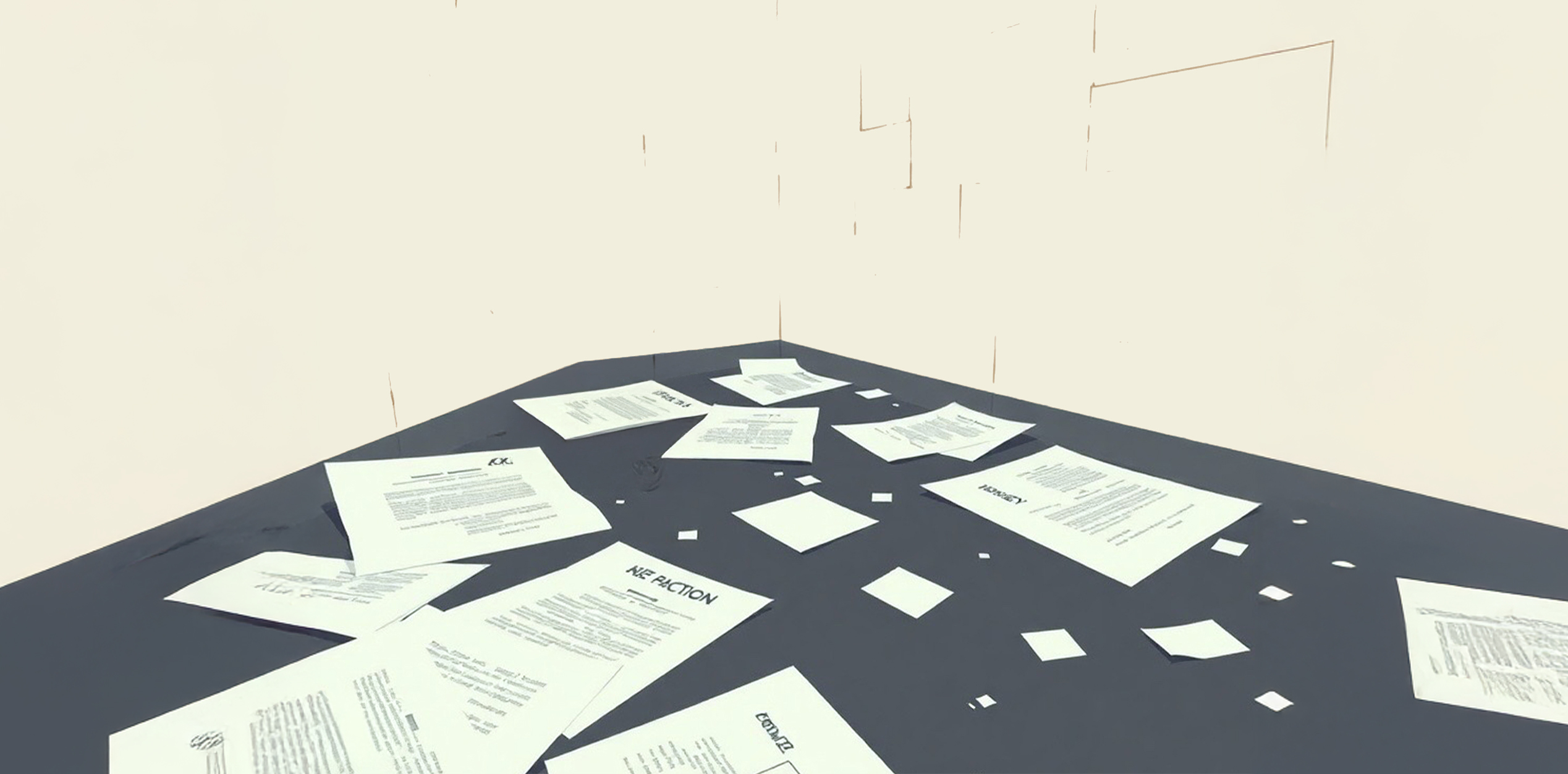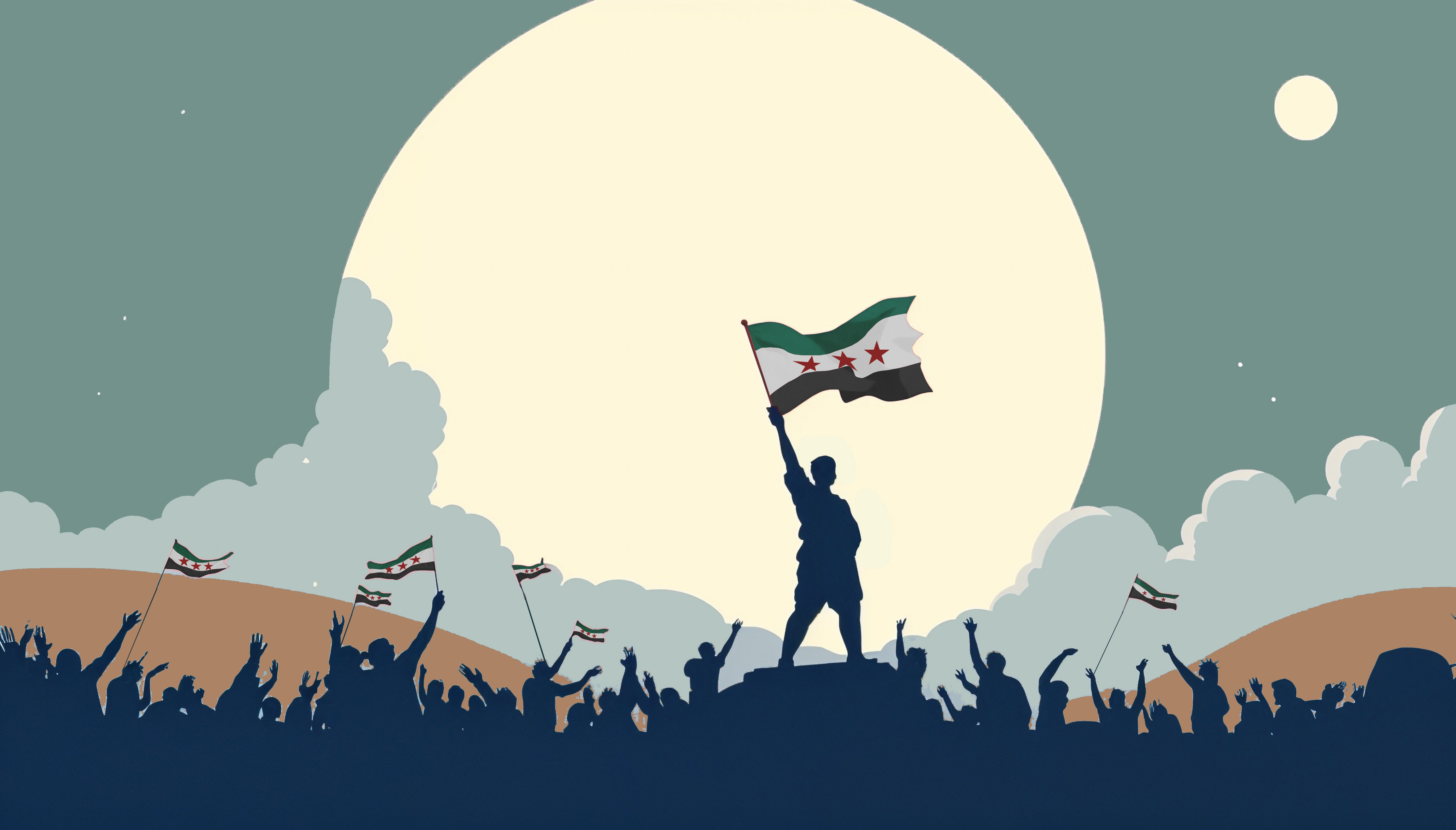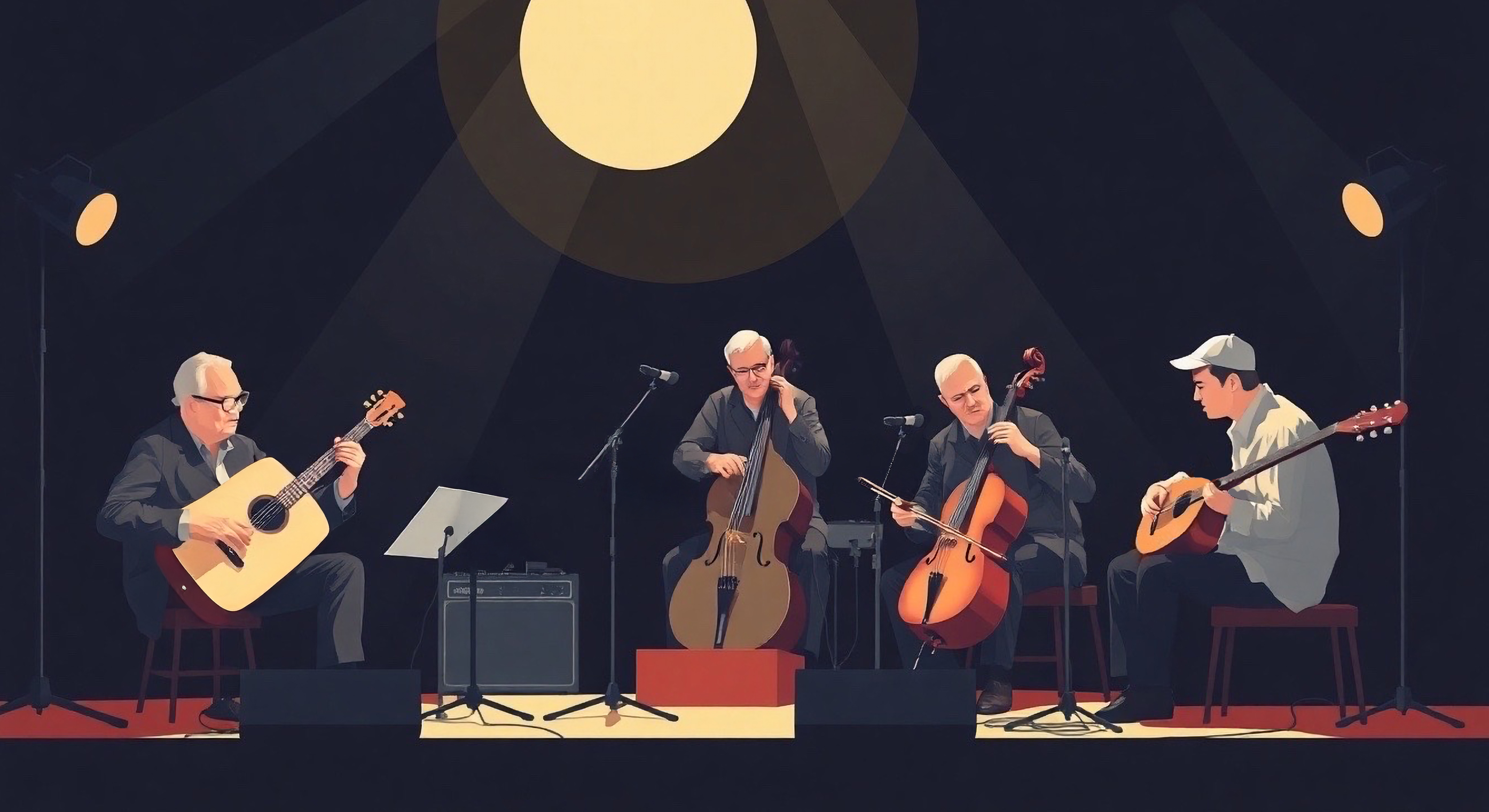When Ruwaida Kanaan saw the first videos of prisoners coming out from Syrian dungeons, during the “Deterrence of Aggression” military operation, she felt an immense joy. Three times arrested between 2011 and 2014, she was held in the Al Khatib branch in Damascus and then transferred to Adra prison. At the time, she had hoped that rebel forces would liberate them, while hearing sounds of combat nearby their cells. But this didn’t happen and she became a refugee in France, a witness in a crimes against humanity trial in Germany, and a journalist specialized in investigating gender violence, particularly in prisons.
You’ve taken part in the Syrian revolution and this is the reason why, under the violent repression of the Assad regime, you became a political prisoner. As a former prisoner, and as a specialist in gender violence and particularly in the context of prison, what was your first reaction when you saw hundreds, if not thousands, of women, sometimes with their children, freed?
I felt very happy to see the male and female prisoners freed. This is the first very good achievement of the military operations that happened in the past weeks. But at the same time I was sad because I know that many people subjected to enforced disappearance died. Their families still have hope, but this hope will disappear as well. On one hand, it's good that those families know the destiny of their loved ones, but on the other hand it's sad that in Syria we have - according to the documentation of the (Families of Missing) Network - more than 130,000 people desaparecidos. So at this moment more than 130,000 families are feeling the sadness of the tragic event of their loved ones' disappearance forever.
According to your expertise, how do you think these freed women should be addressed now? What do they need? Which actors of the civil society or which local or international organizations should intervene and in which way?
I was very worried about what concerns women. I tried to put myself in their place: as a woman, if someone is telling me "Yalla come, you can exit the prison", my first reaction would be to not understand what's happening. Moreover, when I saw the children in the videos, I was wondering immediately if they were born before or after the arrest of the mothers. I've read in some reports and on social media that the women don't know who the fathers are. Unfortunately, even now, in Syrian society the stigma of sexual shame is present, and women who were imprisoned or raped are stigmatized. So I don't know how their path will evolve and how they will deal with what happened to them, because when I was in prison many women decided not to go back to their families, whether they were raped or not, as they couldn’t predict the reaction of their family. Actually, I don't have a clear picture of what will happen. Maybe life in prison is easier than what they might face afterwards, outside of prison, because there is a risk of societal violence.
Women should decide if and when they want to talk, nobody should ask them; and they shouldn't be asked directly about the sexual violence, especially about details. Women are the only ones who can decide what to say, to who, and in which context. They will probably face pressure from the family and from society. They would be in need of support, especially social support. In my experience, I felt that without the support of family and friends I couldn't go on. I wouldn't even get married.
Women should decide if and when they want to talk, nobody should ask them.
What helped me in the past years was the environment around me, my husband, friends and family. Women are in need of a compassionate environment. Psychological and social support are very important but also economic support, in order to restart life in dignity. Women should be able to continue their fight: in Syrian society the man outside the prison is a hero, while women have to hide the fact that they were imprisoned. They should be able to evaluate if and how they want to carry on their struggle.
One of the harshest problems of the prison system was the corruption. Can you please tell us how this should be addressed, prevented and avoided now? Particularly dealing with families of missed persons or with rescued women?
Feminism saved my life، And it could save others
04 May 2023
According to reports from Sednaya Prison, many shabiha took a lot of money from the families of the prisoners to let them visit their imprisoned family members. In my opinion they should all be held accountable. It's not enough to judge commanders and generals, shabiha should be taken to Court. Or at least they should be removed from all levels of the Syrian administration, as all levels were corrupt, particularly the Ministry of Interior. I have the hope that they will be held accountable.
You have been part of Syrian civil society as a teacher and citizen journalist, and you are a member of the Syrian feminist political movement. What is your comment on the temporary assumption of power by Hay'at Tahrir al-Sham? Did you have previous experiences with them, and can you describe the conditions under which Syrian women are expected to live?
It was really surprising to see HTS taking power in Syria. Many political formations in Syria weren't dealing with them in any way, because it was categorized as a terrorist organization. According to the statements issued these days, the situation shouldn't be overall that bad. But in the passage from the statements to the reality we don't know what will really happen. Anyway, for women there won’t be any improvement, even in the best case. There will not be any work on equality, and we will not see any change in the law regarding women's rights. So even if there will be a good administration, women will not be in a better place.
I can't even say what will be good or better if there's no transitional rule where all political formations representing the Syrian people are involved, and we will not achieve any political goal apart security if this is not the case. I saw that the newly formed rule is from only one sect, causing a congestion of power, so I think that in the next three months the transitional government should be inclusive, diverse and understanding of all the parts in Syria.
What steps would you like to see taken now in order to engage women in the transition, for example in the fight against corruption and gender-based violence?
Practically, the most important steps in the transitional phase are the building of a new Constitution, a legal process for new free elections, and the formation and regulation of political parties. So it's important now to advocate drafting a new Constitution, in order to include a new family code, women rights, and a law to combat violence.
You’ve also been a co-plaintiff of the Koblenz trial. When you were witnessing at the Court, have you ever imagined seeing your country free of oppression and the prisoners freed? Are you in favour of the hasty amnesties issued by the interim governing body against members of the old regime?
I had hoped to see the fall of the regime until 2017. Then I said to myself: that's it, the regime will stay. I was thinking that maybe it could fall with Bashar al Assad's death. It was really surprising for me to see the end of the regime. I immediately thought about the Koblenz trial and Anwar Raslan [the colonel who led a unit within the General Intelligence Directorate]. It was a "small" colonel, a self-declared defector and was judged by a European court. So when the issue of amnesty was raised, I was wondering "What does forgiveness mean?". I know that the priority might be stabilizing the country and the security, but we can't grant amnesty: people need to know the truth of many crimes through justice and accountability.
So when the issue of amnesty was raised, I was wondering "What does forgiveness mean?"
I think that all the people involved in torture should be held accountabe, not only the “big ones”, the generals, but all the people in the chain of torture. I remember as a prisoner that the people were torturing in very harrowing ways. Once a torturer was doing his job while talking to his girlfriend and even showing her what he was doing. I think I can’t live knowing that these people can be our neighbors and have a coffee with them. I think all should go to court.
Are there any behind-the-scenes efforts to preserve evidence in preparation for later trials, or any efforts to uncover the fate of the tens of thousands forcibly disappeared?
Regarding the efforts, I spoke with the network of Human Rights and the Families of Sednaya's prisoners, and read about the Administration of Military Operations and the new transitional government. They're all working on the issue of prisons because in the very first days there was a lot of disorder and confusion. There's a great opportunity to work on this documentation and many different associations have a great expertise on the issue and they're talking and coordinating with the Administration of Military Operations or the new transitional government.
There's a great opportunity to work on this documentation and many different associations have a great expertise on the issue.
What form of transitional justice do you imagine or hope for in Syria at this stage?
In my wish, transitional justice and accountability should also consist and acted through confessions: people who committed crimes should confess what they did. It's not acceptable that people who carried the red flag before now carry the green flag and everything is alright. He could be someone who committed crimes, maybe he was a pilot or a detention guard. I would like them to confess what they did and ask for forgiveness. Only in that case we can decide for an amnesty. I would like to know all the details, for example my friend Khaled died. How did he die? I want to know: where's he? And I'm only a friend, imagine the reactions of his sisters or mothers. They don’t know where his body is. Give them the right to bury him in dignity. People are coming back from Turkey and Lebanon and they don't have anything. Their houses were destroyed. People suffered, in every village, street, in every neighborhood: all they need is compensation. But for me, the most important thing is confessions and accountability, and then we can decide for an amnesty.


